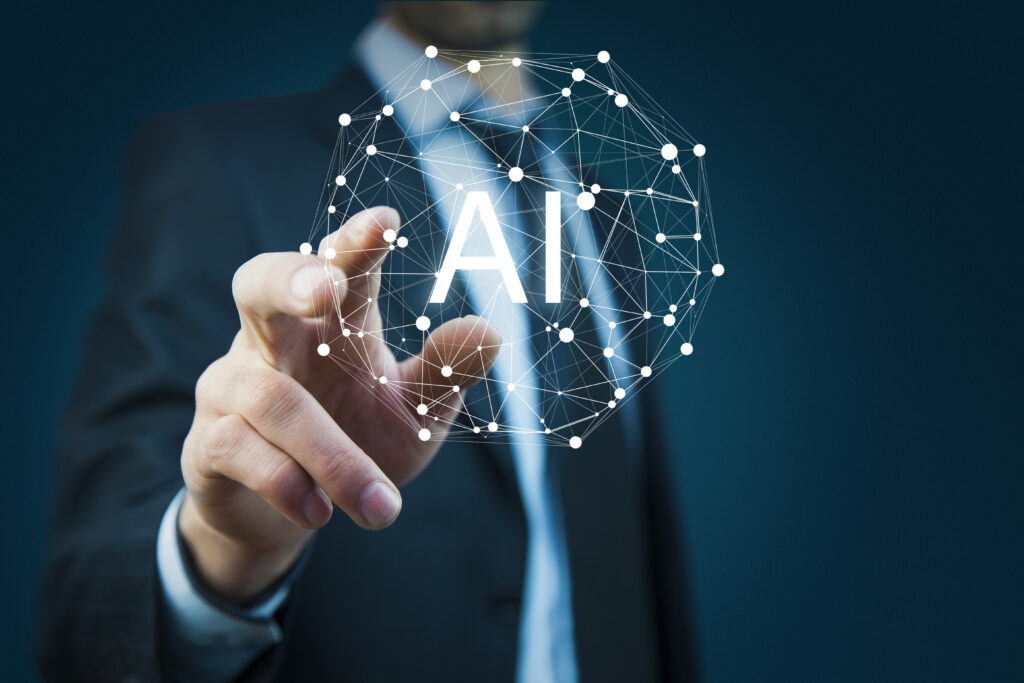In the bustling corridors of the Philippine Business Process Outsourcing (BPO) sector, a quiet revolution is underway. The advent of Artificial Intelligence (AI) technologies is reshaping the landscape of work, presenting both opportunities and challenges for the millions of Filipinos employed in the industry. Today, we delve into the transformative impact of AI on employment in the Philippine BPO sector and explore how stakeholders are adapting to this paradigm shift.
Embracing Automation: The Rise of AI in the BPO Sector
Artificial Intelligence, with its ability to automate repetitive tasks, analyze vast datasets, and make data-driven decisions, has emerged as a game-changer in the BPO sector. In the Philippines, AI-powered technologies are revolutionizing key functions such as customer service, data entry, content moderation, and predictive analytics. By leveraging AI, BPO companies can streamline operations, enhance efficiency, and deliver superior services to clients around the globe.
Reshaping Job Roles: Adapting to the AI-Powered Future
While AI promises to unlock new levels of productivity and innovation, it also raises concerns about the impact on employment in the Philippine BPO sector. As routine tasks become automated, some job roles may evolve or become redundant, leading to workforce displacement and redefinition. However, AI also creates opportunities for upskilling and reskilling, enabling BPO professionals to transition to higher-value roles that require human judgment, creativity, and emotional intelligence. By embracing lifelong learning and adapting to the changing demands of the digital economy, Filipino workers can thrive in an AI-powered future.

Augmenting Human Intelligence: The Role of Humans in an AI-Driven World
Contrary to popular belief, AI is not a replacement for human workers but a complement to human intelligence. In the Philippine BPO sector, AI serves as a force multiplier, enhancing the capabilities of human workers and enabling them to focus on tasks that require human judgment and empathy. By collaborating with AI-powered tools and technologies, BPO professionals can augment their skills, increase productivity, and deliver more personalized and value-added services to clients. Moreover, AI opens up new avenues for innovation and entrepreneurship, empowering Filipino workers to harness the power of AI to create new business opportunities and drive economic growth.
Navigating Challenges: Addressing Concerns and Mitigating Risks
Despite its transformative potential, AI also poses challenges and risks that must be addressed proactively. Concerns about job displacement, data privacy, algorithmic bias, and ethical implications loom large in the minds of stakeholders in the Philippine BPO sector. To navigate these challenges, industry players, government agencies, and civil society must work together to establish clear guidelines, regulations, and ethical frameworks for the responsible deployment of AI. By prioritizing transparency, accountability, and inclusivity, the Philippine BPO sector can harness the benefits of AI while mitigating its potential risks.
Conclusion: Embracing the AI-Powered Future of Work in the Philippine BPO Sector
As we stand at the cusp of an AI-powered future, the Philippine BPO sector is poised to embark on a transformative journey of innovation and adaptation. By embracing AI technologies, upskilling and reskilling the workforce, and fostering a culture of lifelong learning and collaboration, BPO companies in the Philippines can seize the opportunities presented by AI and create a future where humans and machines work together in harmony to drive growth, prosperity, and inclusive development. Together, we can navigate the complexities of the AI-driven world and build a brighter, more resilient future for the Philippine BPO sector and its workforce.
